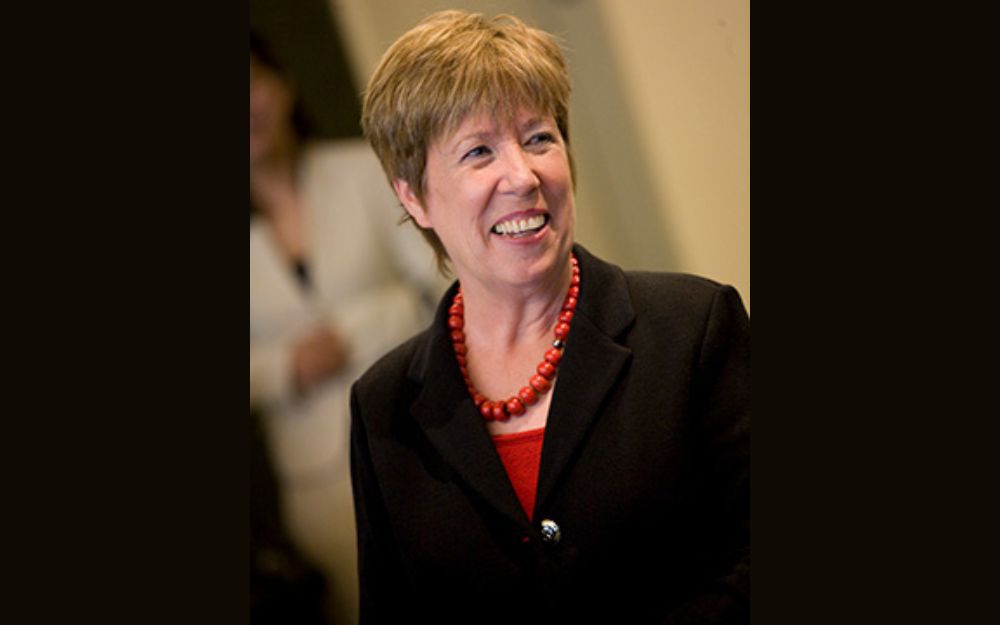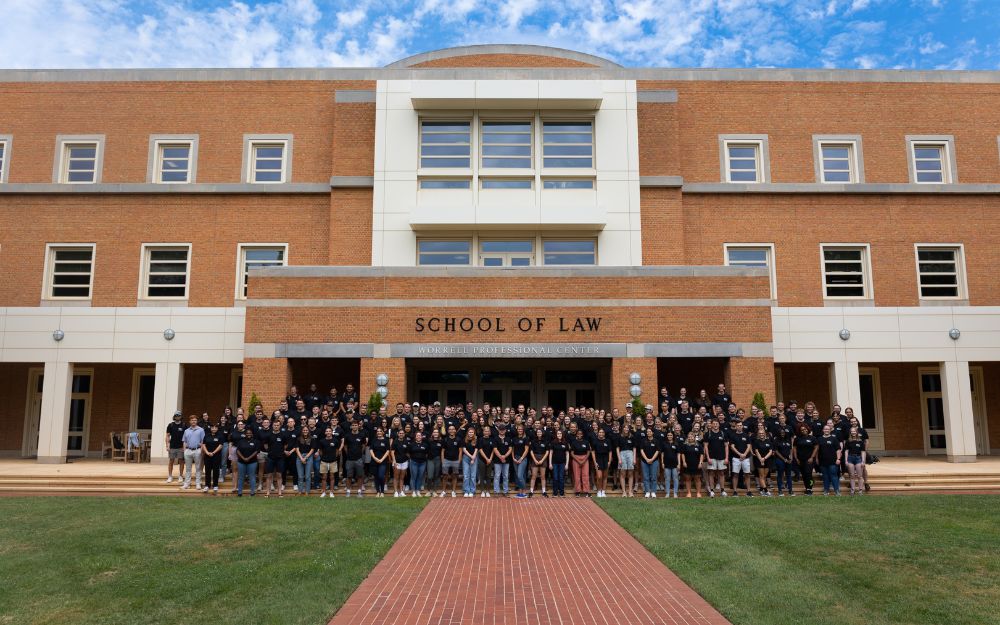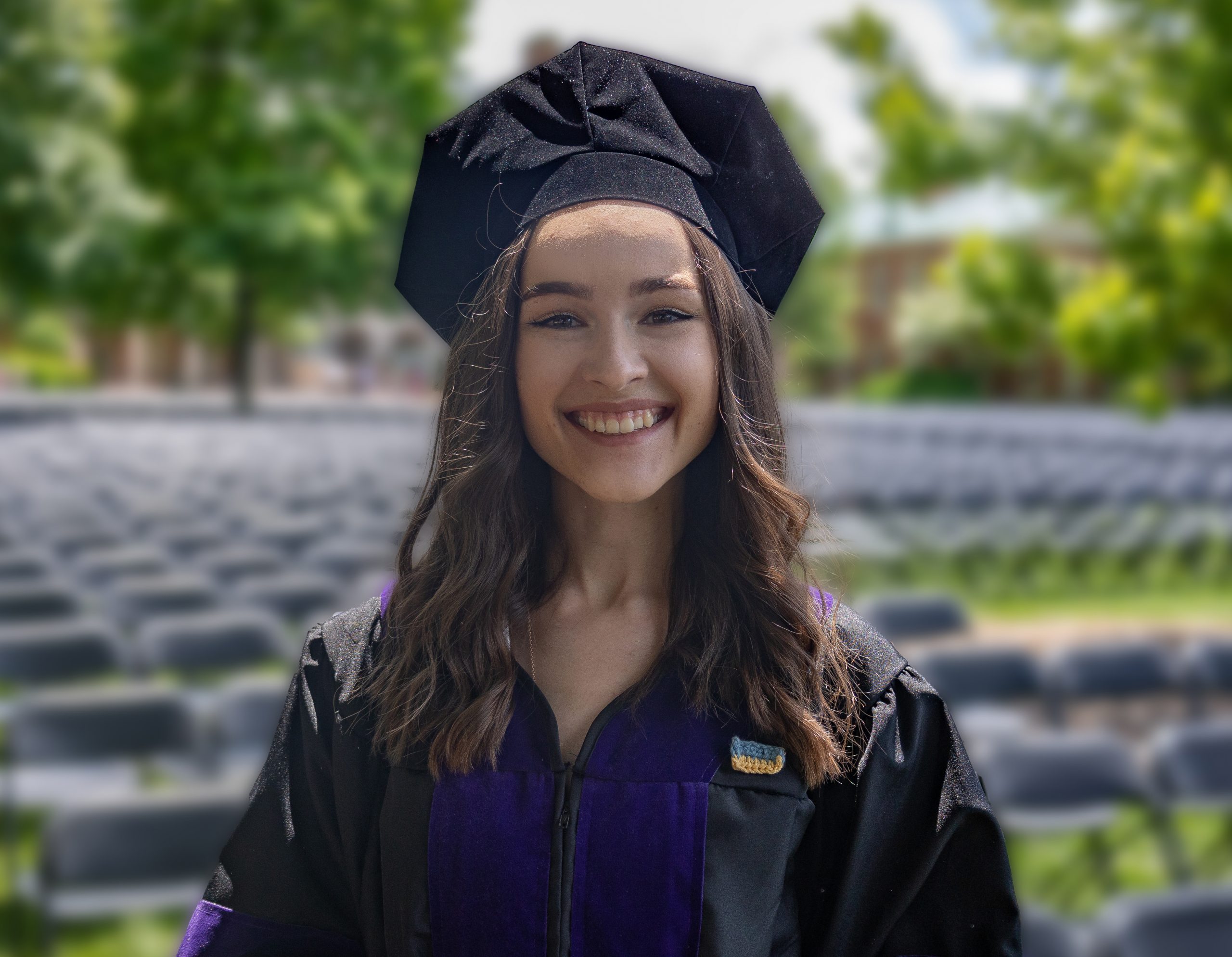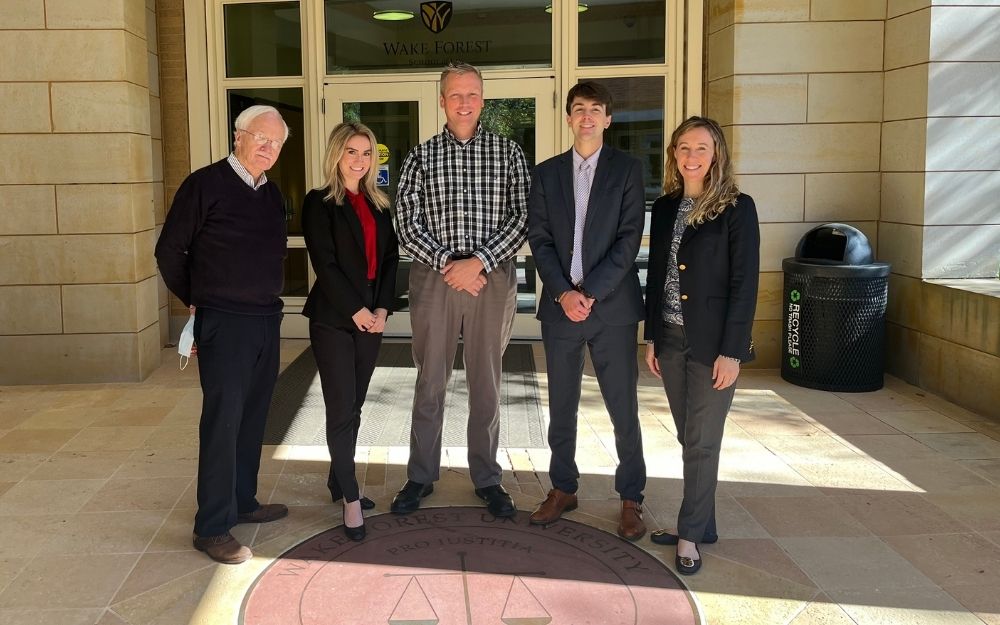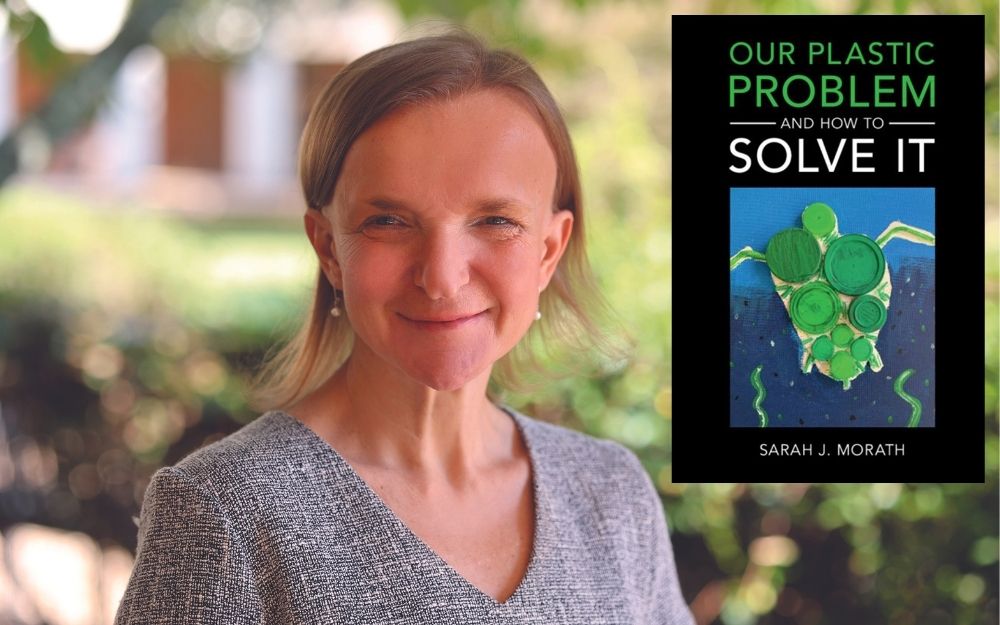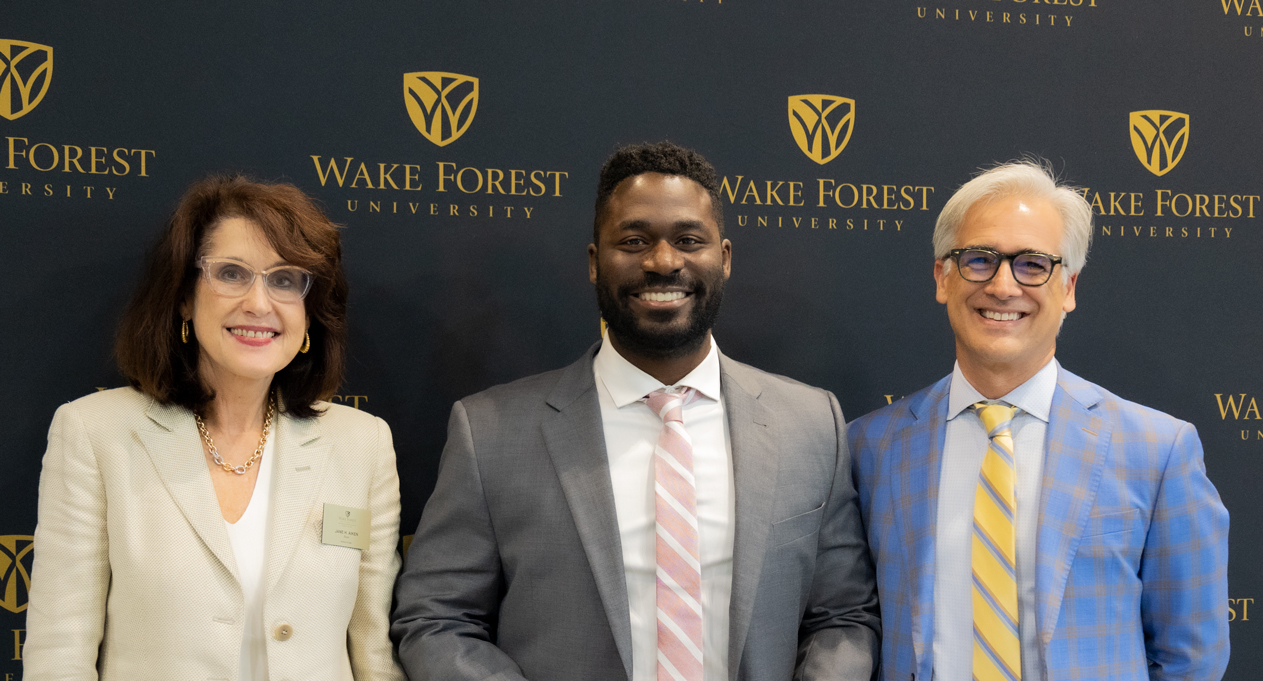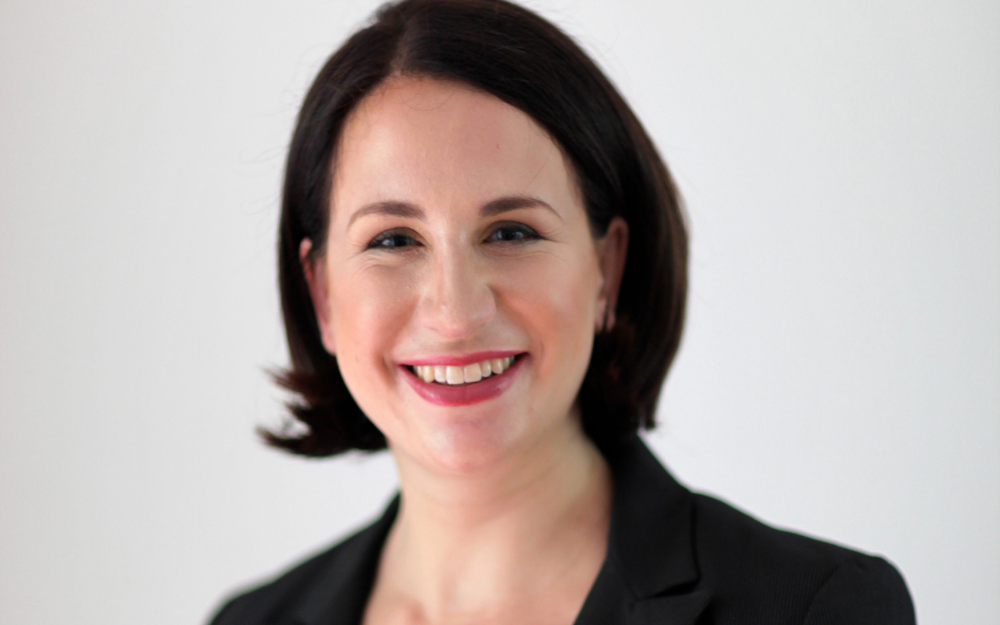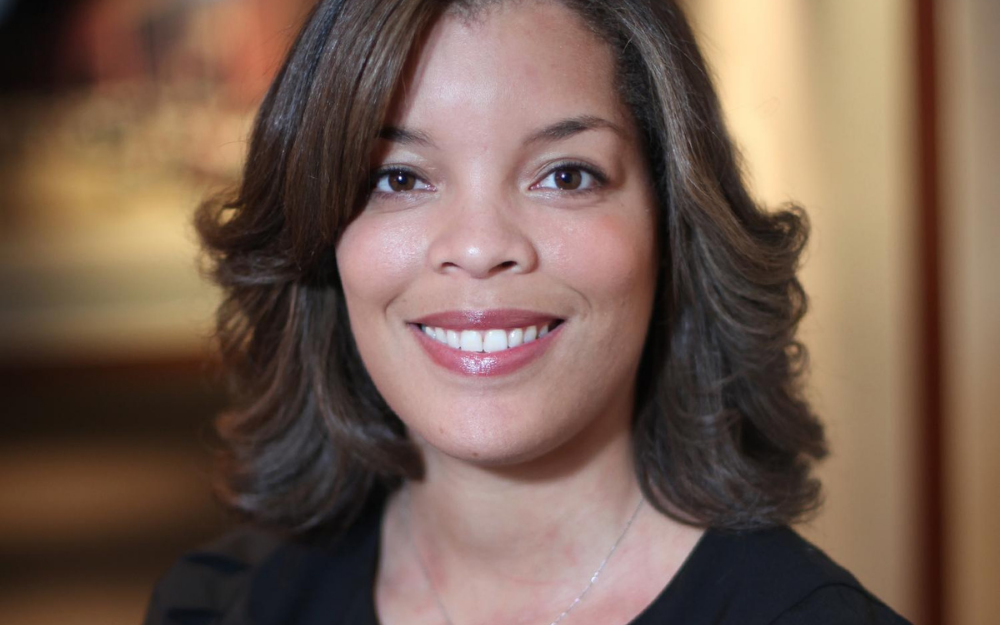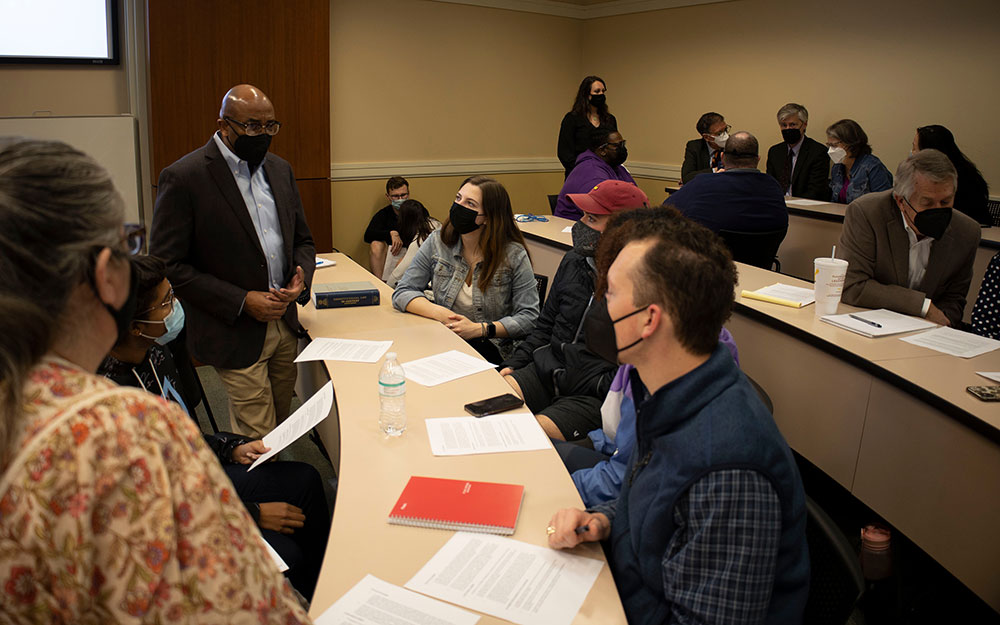Students who come to law school from historically underrepresented backgrounds often experience incidents stemming from unconscious bias, and even acts of conscious prejudice that they are all too often unable to adequately address in a constructive way. This inability to express their concerns has a negative impact on their ability to learn and perform in the demanding academic environment of a law school setting. On February 18, 2022, the Black Law Student Association (BLSA) of Wake Forest Law, aided by the school’s faculty Committee for Diversity, Equity and Inclusion, hosted Law School Deconstructed: Participation and Performance, an event designed to address these sensitive dynamics through thoughtful, open discussion.
The Friday lunch hour drew an overflow crowd made up of the entire law school community, where the hosts guided students, faculty, and staff through an exercise that highlighted to everyone in attendance just how pervasive, and often seemingly innocuous these instances can be. Presenting anonymous testimonials from members of the law school community, everyone in attendance — many standing in the back of room 1302 — got together to read, reflect upon, and discuss the submissions of people who had experienced harmful situations and encounters due to their socio-economic status, race, sexual orientation, or personal identity.
“Once we got the people in the room, I thought it would be a challenge to get people to engage,” said Cedric James, president of BLSA. “This was my biggest concern that turned out not to be a problem at all.”
As the room filled, James’ more immediate and pressing concern became supplies: there weren’t enough handouts with the testimonials to go around. Running out to print more sheets, and with late arrivals still having to huddle together in the back and around the doorways to share one, he expressed being overwhelmed with emotion about the turnout. The enthusiasm and openness with which the community engaged in the exercise and following discussion was heartening.
“The most meaningful thing was that faculty showed up,” said Kristy Abd-El-Malak, Secretary of BLSA, some of whom reportedly interrupted their Sabbatical or traveled from out of town to attend.
The exercise grouped attendees together at random for the initial discussion, which ensured that students, faculty, and staff read and discussed the testimonials together. Having to reflect on the impacts the incidents have on those who experience them with members of the community who don’t typically engage in these types of discussions together was key to the success of the exercise.
“We can’t be afraid to have these conversations” said Breanna Miller, Community Service & Social Justice Chair of BLSA. “These conversations are tough to have, but they need to happen.”
And the conversations will continue to happen. The attendees in the room were so engaged in the discussion that the hour was not enough to cover all of the different topics touched upon by the testimonials. BLSA is already working on a second installment of Law School Deconstructed to pick up where this event left off. And just as they did for this first one, they are working together with student organizations like LLSA, OUTLaw, WIL, and others to continue to offer these platforms for the community to come together.
The event is part of a concerted, intentional effort by students, faculty, staff and administration to foster a law school culture that actively addresses issues of diversity, equity, and inclusion in productive and constructive ways.
The Honorable Denise Hartsfield (JD ’91), retired Forsyth County District Court Judge and Adjunct Professor of Law at Wake Forest Law, was in attendance. She raised her hand to speak at the end and delivered an important message to everyone in the room.
“I want to congratulate you for putting this together. Just know that these issues don’t go away when you graduate law school,” she said. “You will face them in your professional and personal lives going forward. What’s important is that we continue to have these conversations and continue to learn how to be better for one another together.”
Look out for the announcement of the next installment of Law School Deconstructed: Participation and Performance later in the Spring of 2022.
